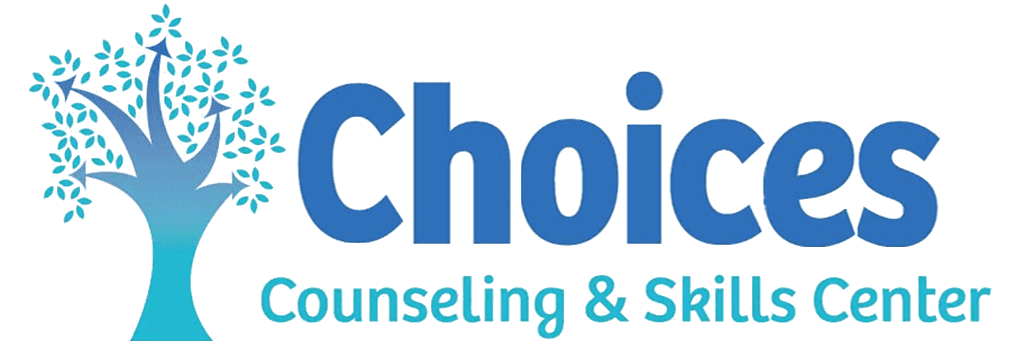Our DBT Programs
Get started now
with DBT
Choices Counseling & Skills Center offers both full comprehensive DBT as well as DBT-Informed treatment programs and strategies. Our comprehensive programs are adherent to DBT treatment protocols. Our DBT Center has been providing DBT services in the San Gabriel Valley since 2009.
We also offer DBT skills classes as adjunct services.
Adult Program
Our comprehensive Adult DBT Program is designed for those who struggle with regulating their emotions effectively through life’s many challenges. Adults can take control of their emotions, thoughts and behaviors and make their lives or relationships tolerable.
Adolescent Program
Our comprehensive DBT for Adolescents program provides skills training in a closed family or multi-family setting along with individual and family therapy. The focus is to help teenagers and their families better handle the challenging road to adulthood.
DBT Skills as Add-On Services
Designed for clients who are not in one of our programs. Many can benefit from learning the skills offered in DBT, even if they are not in need of a comprehensive program. Research has indicated that the skills alone are effective in regulating emotion, increasing coping skills and decreasing depression.
Living Success Center – San Gabriel Valley
Choices has partnered with Living Success Center, a non-profit mental health agency in Orange County, to be able to offer lower-cost comprehensive DBT services to those who meet criteria. This program utilizes pre-licenced clinicians in a DBT-specific training site to offer lower-cost services to those clients who meet financial and clinical criteria. All proceeds are given to the parent organization, Living Success Center.
Further information can be found here.


